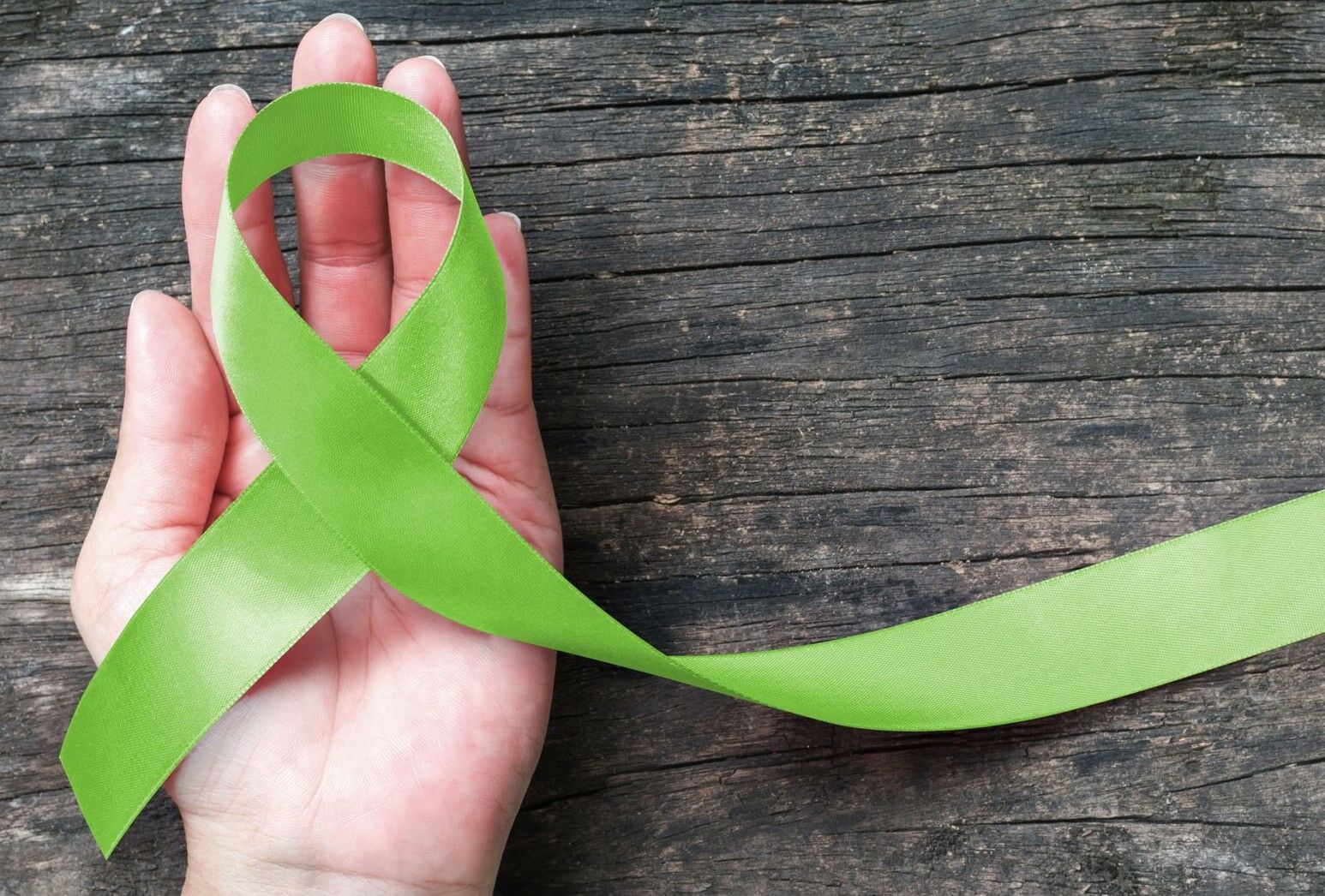
What is organ and tissue donation?
Organ donation is a life-saving and life-transforming medical process where organs are removed from a donor and transplanted into someone who is very ill or dying from organ failure. It can involve the kidneys, lungs, heart, liver, kidneys and pancreas.
Tissue donation is a medical process where tissue, such as heart valves, bone tissue, skin, ligaments, parts of the eye and pancreas tissue, is removed from a donor and transplanted into another person.
It is important that you decide whether to become a donor and that you discuss and share your decision with your loved ones.
Why do people need transplants?
People who need an organ transplant are usually very ill or dying because an organ is failing. They range from babies through to older people.
A tissue transplant is sometimes needed to save a life, but it mostly improves the recipient’s life. One tissue donor can transform the lives of 10 or more people.
I don’t need to donate my organs because thousands of others do
Few people actually die in such a way that donation is possible. For example, less than 1 to 2 in every 100 hospital deaths are in the specific circumstances where organ donation may be possible.
There are also about 1,700 Australians waiting for a transplant and a further 12,000 having kidney dialysis who would benefit from a transplant.
Only 1 in 3 Australians have joined the Australian Organ Donor Register, even though the majority of Australians would like to donate their organs after they die.
Who can become a donor?
Almost anyone can become a donor, from babies and children through to older people, because there is no age limit on the donation of some organs and tissues. The determining factors are where and how a person dies, and the condition of their organs and tissues.
While your age and medical history will be a factor, you shouldn’t assume you’re too old, too young or not healthy enough to become a donor. Only some medical conditions may prevent you from becoming a donor such as a transmissible disease (for example, HIV).
Organ and tissue donation is against my religion
Most religions support organ and tissue donation as generous acts that benefit people. This includes Christianity, Islam, Buddhism, Hinduism and Judaism.
If you are not sure whether your religion is supportive, speak to your religious adviser. You can also read or download a fact sheet on organ and tissue donation in relation to all the major religions at DonateLife.
Will my family be able to view my body?
Yes. Removing organs and tissue is no different from any other surgical operation and is performed by highly skilled health professionals.
The donor’s body is always treated with dignity and respect, and the removal of organs and tissue does not alter the physical appearance of the body. Your family will still be able to view your body and have an open casket if they wish.
Will my organs and tissue be used for research?
Donated organs and tissue will never be used for medical research unless your family gives explicit, written permission for this to be done.
Will doctors work as hard to save my life if they know I’m a donor?
Yes. Medical staff will do everything possible to save your life. Organ and tissue donation will only be considered after all efforts to save your life have failed and you have been legally declared dead.
How does the organ and tissue donation process work?
When a person dies in a situation where they can become an organ and/or tissue donor, the possibility of donation is raised with the family.
The Australian Organ Donor Register is checked to find out if the deceased person had registered their wishes regarding organ and tissue donation. If they did register to be a donor, a donation specialist meets with the family to talk about donation.
The family of a potential donor is given time to discuss and reach a decision on whether to proceed, and if donation is agreed, documentation will confirm the donation and which organs and tissues will be used.
All states and territories have legal processes following family consent, and a designated officer not involved in the clinical management of a potential donor must give authority for donation to proceed. This part of the process may also involve the state coroner if the circumstances of the potential donor’s death are to be investigated.
During and after the process, the donor’s family is supported by DonateLife organ and tissue donation specialist staff. All donations and transplants are performed by specialist medical teams in the Australian public health system.
How are organs and tissue allocated?
Australia has strict guidelines about the allocation of organs and tissue. The Organ and Tissue Authority, the National Health and Medical Research Council and the Transplantation Society of Australia and New Zealand have developed Ethical Guidelines for Organ Transplantation from Deceased Donors and the Clinical Guidelines for Organ Transplantation from Deceased Donors.
What is the Donor Register?
The Australian Organ Donor Register (the Donor Register) is the only national register for people aged 16 or older to record their decision about becoming an organ and tissue donor.
The Donor Register ensures a person’s donation decision can be verified 24 hours a day, 7 days a week, by authorised personnel anywhere in Australia. In the event of a person’s death, information about their donation decision, accessed from the Donor Register by authorised personnel, can be provided to the family of the deceased.
Recording your decision on the Donor Register is voluntary and you have a completely free choice about which organs and tissues you wish to donate. If you don’t want to become an organ and tissue donor, you can also register your decision not to donate on the Donor Register.
You cannot register decisions about donating organs and tissue for scientific research purposes on the Donor Register.
How do I register on the Donor Register?
You can register your donation decision:
Online
- your Medicare online account through myGov
- the Express Plus Medicare mobile app
- the online form on the DonateLife website
- the Australian Organ Donor Register form (NH007DF)
Even if you have previously registered your decision elsewhere (for example, by ticking a box on your driver’s licence renewal form), it is still important to register your donation decision on the Australian Organ Donor Register. This is because it is the only national register and details can be linked to your Medicare number. Except for South Australia, you can no longer register a donation decision via your driver’s licence.
I’ve already registered to be an organ and tissue donor. Do I need to tell my family?
Yes. You need to discuss your decision with your family and friends, even if you have registered to be a donor. This is because the donation won’t proceed without your family’s consent, and they are less likely to give consent if they don’t know your wishes.
In fact, nearly half of Australians do not know or are not sure of the donation wishes of their loved ones.
Other questions you might have
For enquiries about registering or updating your details on the Australian Organ Donor Register, or about replacing a lost Donor Register card.


